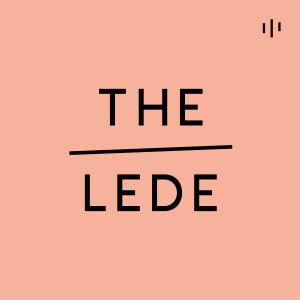
Thursday Jan 12, 2023
The Nomad State — with Marie Favereau and Faisal Al Yafai
For most of human history, settled people have lived in fear of conquest by their powerful nomadic neighbors. Most powerful of all was the Mongol Empire, which brought most of Eurasia under their rule for almost 300 years. But in this second episode on nomads, Marie Favereau, a historian at Paris Nanterre University, says that the Mongols have been either neglected by history or unfairly represented as mindlessly destructive barbarians. Her book, “The Horde: How the Mongols Changed the World,” was written to change all that.
The use of the word horde, she says, was quite intentional, given the negative connotations associated with the word today: “It's a very old word especially in Asian culture and Indo-Asian languages,” she tells New Lines magazine’s Faisal Al Yafai. “The word itself means an organized nomadic state. I think it's important to think about the words we use and, you know, how we can change the meaning.”
Historians have to put their bias aside and be fair in examining the record, she says, which can help us start to see the benefits and rationale behind the Mongols’ decisions. And there are lessons we can learn from the Mongols about how to strike a balance in our relationship to the natural environment and how to combat xenophobia: So long as they swore allegiance to the khan, the Mongols didn’t attempt to force their religion or way of life on their subjects.
But Favereau rejects any romanticized view of nomadic living.
“I know how difficult nomadic life can be. So the idea is not to say, ‘Oh, this is the ideal way of living.” Instead, when looking at past nomadic empires like the Mongols — and nomadic societies still in existence today — we can begin to envision different possibilities for living and doing today.
“It's important to know that it was not always like this,” she says.
Produced by Joshua Martin and Christin El-Kholy
No comments yet. Be the first to say something!